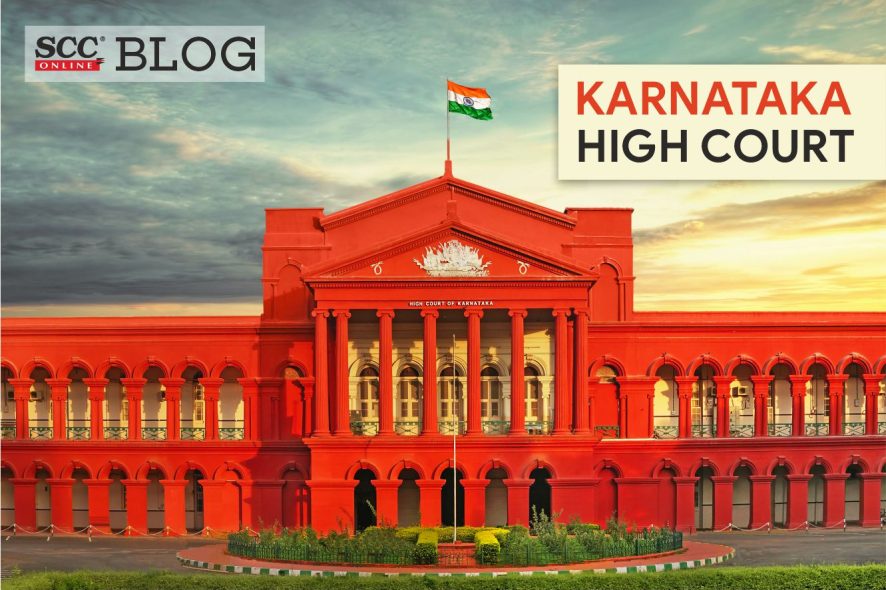Karnataka High Court: While deciding the instant petition wherein an order of conducting a Test Identification Parade (TIP) after a gap of 11 years was challenged; the Bench of Suraj Govindraj, J., observed that after a period of 11 years, a person’s memory becomes frail, therefore the identification by such witnesses cannot be considered trustworthy, hence, such an identification parade carried out after a lapse of these many years will not serve any purpose at all.
In 2006, crime No. 244/2006 was registered by the Basaveshwara Nagara Police Station against Umesh Shetty, s/o Ponnappa and others for the offences punishable under Sections 3, 4, 5 and 7 of the Immoral Traffic (Prevention) Act, 1956. Though the accused persons had been arrested and remanded to judicial custody, subsequently they were released on bail and one of the accused absconded and was not found.
The investigation into the matter was completed, a charge sheet was prepared and a non-bailable warrant was issued. Since one of the accused was still absconding at the stage of issuance of warrant, a proclamation was issued under Sections 82 and 83 of CrPC. Thereafter, the non-bailable warrant was sought to be executed against the petitioner.
However, when the petitioner informed the concerned officer that he was not K. Umesh Shetty S/o. Ponnappa but K. Umesh Shetty, S/o. Late Vittal Shetty, thus not the person named in the warrant; the prosecution then filed an application seeking to conduct a test identification parade. The Trial Court in 2017 issued directions for the conduction of TIP. The petitioner challenged this order before the High Court in the instant petition.
The counsel for the petitioner contended that the offences were committed way back in 2006, hence conducting a test identification parade in 2017 would not arise since the same would be unbelievable on account of lapse of a long period of time i.e. more than 11 years. It was further submitted that if the present year is added then 15 years have passed since the commission of the above-stated offences, therefore a TIP at this stage will serve no purpose.
Counsel for the respondent argued that the name of the petitioner is the same as that of the accused and that there is a reasonable doubt of the petitioner being accused. Since the proceedings did not continue on account of the absence of the accused, the TIP would aid the prosecution to proceed with the matter in the event of the identity of the petitioner is similar to that of the accused.
Perusing the facts and contentions raised in the petition, the Court observed that the purpose of the Test Identification Parade is to ascertain the identity of a person who is alleged to be the accused or the perpetrator of a crime. The TIP must be carried out at the earliest so that there is no failing memory or improper memory which can be attributed to the test identification parade.
Noting the lapse of 16 years, the Court observed that a TIP at this point will serve no purpose, especially when the fingerprints of the petitioner did not match with the fingerprints found at the scene of occurrence. The petition was therefore allowed.
[K. Umesh Shetty v. State of Karnataka, 2022 SCC OnLine Kar 1537, decided on 14-09-2022]
Advocates who appeared in this case:
C.H. Jadhav, Senior Counsel for M. J. Alva., Advocate for the petitioner
Mahesh Shetty, HCGP for the respondent
*Sucheta Sarkar, Editorial Assistant has prepared this brief






